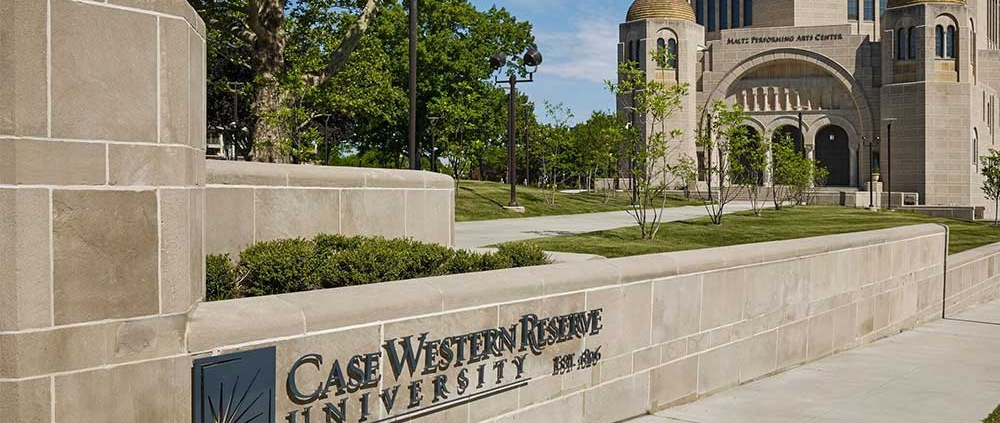This is a Personal Story Told by a Former WisePath College Consulting Student
We invited some of our students to share their stories with us about creating their college list. Here’s one that stands out.
This student surprised herself after she realized that her strong opinions were unexplored and limited her college list. She changed her mindset, started researching, and ended up at a college she had initially crossed off her list!
One Student’s Surprising Story of Why it’s Important to Stay Open-Minded
 “I never believed it when people said that I ‘would probably end up where (I) least expected.’ In fact, I found this phrase really frustrating. I didn’t want the college process to be a surprise. I didn’t want to ‘end up’ somewhere I didn’t initially expect.
“I never believed it when people said that I ‘would probably end up where (I) least expected.’ In fact, I found this phrase really frustrating. I didn’t want the college process to be a surprise. I didn’t want to ‘end up’ somewhere I didn’t initially expect.
Of course, that’s exactly what happened. And I couldn’t be happier.”
Don’t Blind Yourself to What Might be Your Best Option
“My telling of this story is not to say that the same kind of surprise will happen to you. It is simply a reminder that predispositions or impressions can blind you to possibilities if you’re not careful.”
Don’t Let Certain Preferences Carry Too Much Weight
“For me, my most significant influence was a geographical one. Growing up in California, I thought it was limiting if I attended college in the same state. I also ruled out most of the South because I felt I wouldn’t like the lifestyle and food. Similarly, I ruled out the Midwest for its lack of oceanic proximity. So, with a wave of my wand, I eliminated thousands of schools because I thought they wouldn’t work for me.
The lesson here is to be careful when narrowing down your college lists. Having preferences is undoubtedly important, but don’t let your preferences overwhelm you.”
But, Don’t Minimize Your Desired Major
“While some preferences like geography can be arbitrary, your desired major is certainly not. For example, if you know for a fact that you want to study computer science, then whether or not a school has a computer science major is a determining factor. Desired major is a pretty clear-cut example.”
Take a Second Look at Potential Locations
“Less clear, however, are factors such as geography and location. Suppose you want an urban environment. Knowing this, you may discount, let’s say, Case Western University because you’re unfamiliar with Ohio’s city scene. Had you looked further, you may have discovered that Case Western is just five miles from bustling, beautiful downtown Cleveland. (Did you know that Cleveland has the largest performing arts center outside of New York City? Or that downtown resides on the edge of Lake Erie so you can enjoy sunsets and water sports galore?).”
Don’t Dismiss What You Don’t Know
“The point is–don’t dismiss a school, state, or region because of what you think you may know about it. Doing research takes time, but it’s worth it.
When I was crafting my college list–unsubstantiated opinions in hand–I was left with just a few schools that fit my strict criterion. Mainly, they were located in the Northeast with some geographical outliers.
As fate would have it, one of those outliers would become the school I now attend–but I almost didn’t even apply. Fortunately, I realized in time that this school had everything truly important for my college experience, such as a respected business school and a spirited student body. The school’s only ‘problem’ was its home state: California.
My opinion about not wanting to attend college in California almost ruined my chances of going where I was supposed to go.”
Don’t Be Your Own Worst Enemy
“The takeaway? When creating your college list, start with just a couple of absolutely non-negotiable factors (e.g. desired major). Then, before you start narrowing down your list, do some research. Don’t let your internal knowledge (or lack thereof) be your biggest enemy. Remember, applying to schools is about cultivating options. A lot can change between the fall (application season) and spring (decision season) of senior year. Give yourself the gift of choice.”
Katherine now attends the University of Southern California in Los Angeles.



 Tip #1:
Tip #1:
